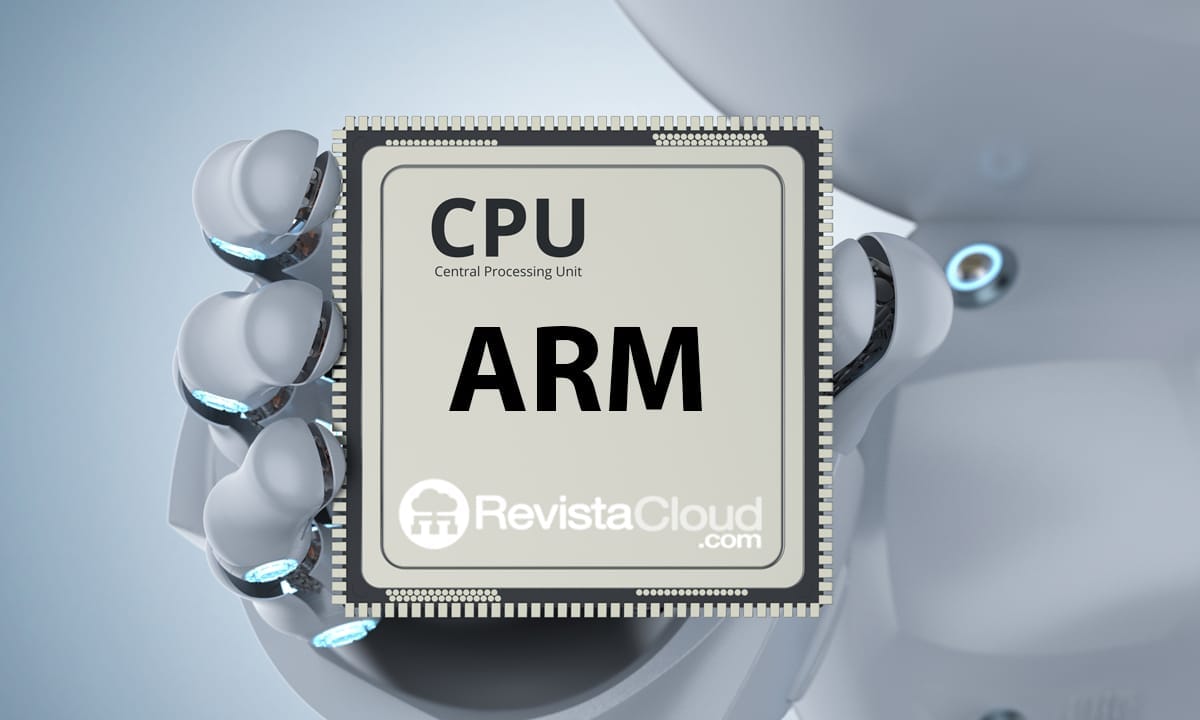ARM continues to expand its ecosystem of technological solutions with the launch of new chiplet platforms for AI-based data centers, which could put giants in the sector such as Intel and AMD on alert. In collaboration with key partners like Samsung Foundry, ADTechnology, and Rebellions, the company has announced the creation of a CPU platform for AI based on Neoverse CSS V3, designed specifically to handle cloud workloads, high-performance computing (HPC), and AI training.
The announcement, made within the framework of the Arm Total Design program, highlights the rapid growth of this ecosystem, which has doubled in size in a year and now includes around 30 companies. The collaboration aims to drive innovation in silicon for a more efficient and sustainable datacenter, capable of handling the increasing volume of AI workloads while reducing costs and energy consumption.
Data centers, which are facing increasing energy and performance demands due to growing AI-driven workloads, are becoming the battleground of technology. ARM, traditionally known for its presence in mobile devices, is leveraging its expertise in energy-efficient designs to offer sustainable solutions for data centers. With Neoverse CSS V3 and Samsung’s 2nm manufacturing technology, Arm promises up to a 3x improvement in efficiency for the most demanding generative AI tasks, such as large language models (LLMs) with hundreds of billions of parameters.
Taejoong Song, Vice President of Business Development at Samsung Electronics, explained that the collaboration with Arm and other key players aims to meet the strict demands of AI and HPC design, highlighting that Samsung’s 2nm GAA process is designed to deliver maximum performance and energy efficiency.
This move by Arm can be seen as a clear signal that the company is seeking to compete directly in the field of data center chips, a space traditionally dominated by Intel and AMD. So far, these two companies have controlled most of the CPU market in data centers, but Arm, with its new partnerships and low-power technologies, is paving the way for fierce competition.
Arm’s Neoverse architecture, already present in other cloud computing environments, has gained recognition for its efficiency and flexibility. Now, with the launch of platforms designed for AI and HPC, Arm seems ready to challenge the dominance of its rivals in this lucrative market. The collaboration with Samsung and its 2nm technology reinforces this bet, especially when Intel and AMD are also developing their own innovations in advanced nodes.
Apart from the collaboration with Samsung, Arm has also established alliances with other companies like Alcor Micro and Alphawave, who are developing chiplets based on Arm’s CSS platform for AI/ML training and inference applications. These developments are part of Arm’s strategy to offer flexible and scalable solutions that can span from the cloud to the network edge.
With the growing focus on sustainability and energy efficiency in data centers, Arm Total Design has positioned itself as a catalyst for silicon innovation. The new chiplet solutions help lower the barriers for AI developers, accelerating the adoption of these technologies throughout the ecosystem.
Arm is not only advancing in hardware; the company has also introduced significant software improvements, including CPU-based inference optimization for open-source projects like PyTorch and Llama.cpp, reinforcing its commitment to a seamless software experience on the Arm platform. These innovations allow AI solutions to be deployed efficiently without the need for dedicated accelerators, a key factor for the growth of AI in different sectors.
With its Neoverse CSS platform and the Arm Total Design ecosystem, the company is laying the groundwork for a new era of silicon development focused on artificial intelligence. The challenge it poses to Intel and AMD is clear: compete in terms of efficiency, sustainability, and the ability to handle the demands of modern data centers.
Arm’s strategic move, aiming to reduce reliance on advanced nodes from manufacturers like TSMC and expand through partnerships with companies like Samsung, could mark the beginning of a new era in the world of data centers, with an increasingly strong focus on efficiency and sustainability.

